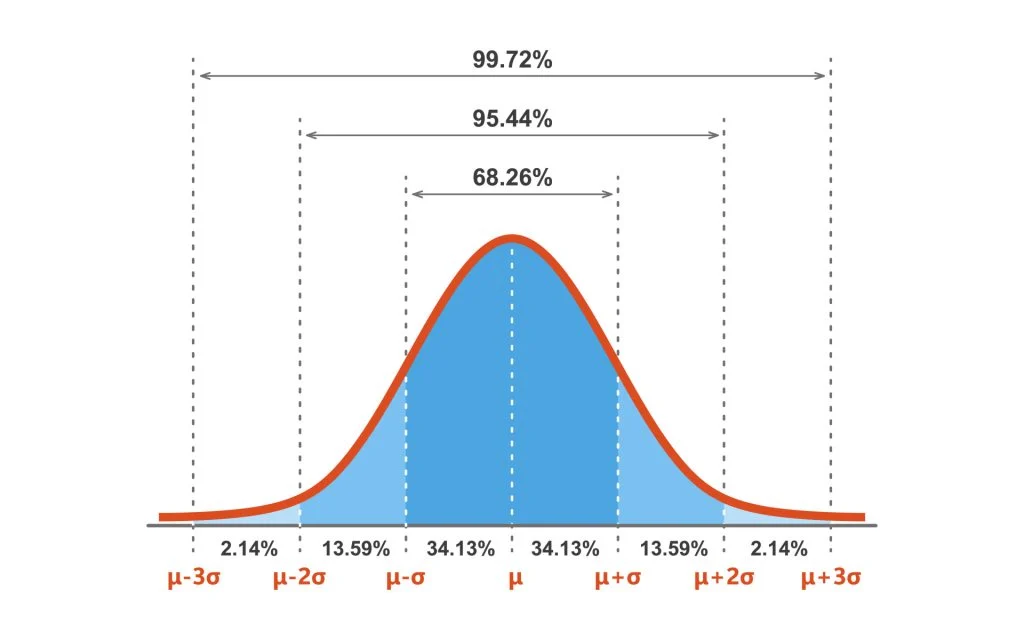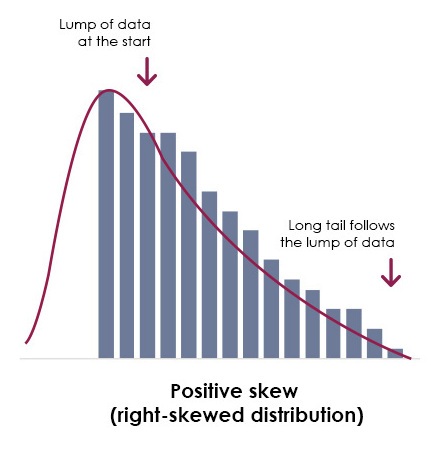AP Psychology - Unit 1
1/66
Earn XP
Description and Tags
Name | Mastery | Learn | Test | Matching | Spaced | Call with Kai |
|---|
No analytics yet
Send a link to your students to track their progress
67 Terms
applied research
scientific study that aims to solve practical problems
basic research
pure science to increase knowledge
behaviorism
psychology should be an objective science that only studies, not mental processes (Ivan Pavlov, John B. Watson, and B.F. Skinner)
behavioral psychology
observable behavior and its explanation
biological psychology
studies links between biological and psychological processes
biopsychosocial approach
integrates biological, psychological, and social-cultural levels of analysis
case study
one person is studied in depth to reveal universal principles
clinical psychology
studies, assesses, and treats people with psychological disorders
cognitive neuroscience
study of the brain activity linked with cognition
cognitive psychology
all mental activities associated with thinking, knowing, remembering, and communicating
confounding variable
(other than independent variable) might produce an effect
control group
group that is not exposed to the treatment; comparison for evaluating the effects
correlation
the extent to which two factors may vary together; how well one factor predicts the other
correlation coefficient
index of relationship between two things (from -1 to 1)
counseling psychology
assists people with life problems and in achieving greater well-being
critical thinking
examines assumptions, discerns hidden values, evaluates evidence, and assesses conclusions (doesn’t blindly accept arguments)
cross-sectional study
analyze data from a population at a single point in time
dependent variable
what is observed or affected
developmental psychology
study of (physical, cognitive, and social) change throughout a life span
double-blind procedure
participants and staff are blind about whether the participants have received treatment or a placebo
educational psychology
how psychological processes affect and teaching and learning
empiricism
knowledge = (sensory) experience; science should rely on observation and experimentation; nurture
experiment
investigator manipulates the independent variable to observe the effect (dependent variable); aims to control other relevant factors (control variables)
experimental group
group that is exposed to the treatment (one version of the independent variable)
experimental psychology
study of behavior and thinking using the experimental method (Edward B. Titchener)
evolutionary psychology
roots of behavior and mental processes using principles of natural selection
functionalism
focused on how our mental and behavioral processes function (enabling us to adapt, survive, and flourish) (William James)
hindsight bias
thinking that you could have foreseen something after it happens
human factor psychology
the study of how people and machines interact (used to design of safe and easily used machines)
humanistic psychology
emphasizes the potential for personal growth by meeting one’s needs (Abraham Maslow, Carl Rogers)
hypothesis
a testable prediction
illusory correlation
perception of a relationship where there isn’t one
independent variable
what is changed; the effect is studied
industrial-organizational (I/O) psychology
applying psychological concepts and methods to workplaces
levels of analysis
differing views (biological, psychological, social-cultural) analyzing a phenomenon
longitudinal study
follows people over periods of time; continuous or repeated observations of the same variables
mean
the average of a distribution
median
the middle score in a distribution; half of the scores above, half below
mode
most frequently occurring in a distribution
naturalistic observation
observing behavior without trying to manipulate and control the situation
natural selection
trait variations contributing to survival are most likely to be passed on
nature-nurture issue
genes vs experience; what develops psychological traits
negatively skewed distribution
the tail on the left side of the distribution is longer; mean and median are less than the mode

normal distribution (curve)
symmetrical curve; most scores are close to the average, few are extreme (2.14, 13.59, 34.13, 34.13, 13.59, 2.14)
operational definition
a statement of procedures (operations) used to define variables (ex: human intelligence = what an intelligence test measures)
personality psychology
individual’s characteristic pattern of thinking, feeling, and acting
placebo effect
experimental results caused by expectations alone
population
group studied, from which samples may be drawn

positively skewed distribution
the tail on the right side of the distribution is longer; mean and median are greater than the mode.
psychiatry
medicine dealing with psychological disorders
psychodynamic psychology
unconscious mind influencing behavior
psychology
science of behavior and mental processes
psychometrics
measurement of human abilities, attitudes, and traits
p-value
probability of not obtaining similar test results; how likely it is that there’s significant difference of data between groups
p>.05 = not statistically significant (more than 5% due to chance)
null hypothesis: there is no significant difference between specified populations
random assignment
assigning participants to experimental and control groups by chance
random sample
each member has an equal chance of getting in
range
difference between the highest and lowest scores in a distribution
replication
repeating the essence of a research study to see if the findings extend to other people and circumstances
standard deviation
measure of how much scores vary around the mean score
scatterplot
graphed dots, representing the values of two variables; slope=direction of the relationship; amount of scatter = the strength of the correlation (little scatter=high correlation)
social-cultural psychology
how situations and cultures affect our behavior and thinking
social psychology
how we think about, influence, and relate to one another
statistical significance
measure of how likely it is that an obtained result did not occur by chance
structuralism
self-reflection to explore structural elements of the mind while people did mundane tasks (Edward B. Titchener, William Wundt)
SQ3R
study method: Survey the text, ask Questions, Read, Rehearse what you read, Review
survey
gets self-reported attitudes or behaviors of a particular group; questions a representative sample of the group
theory
explanation w/ set of principles; organizes observations and predicts events